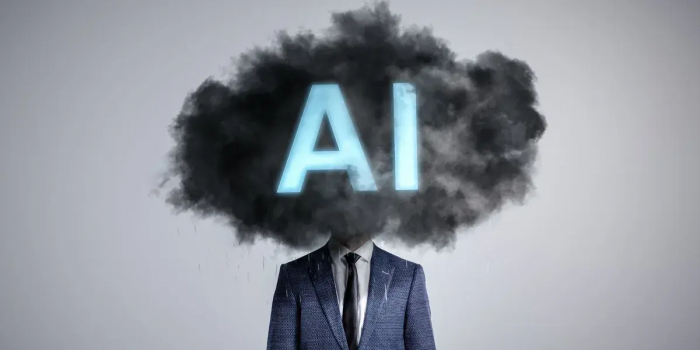The field of artificial intelligence (AI) is rapidly moving forward, and with it, the demand for a large human workforce to educate AI systems on evaluating data and producing text and visuals is growing. However, despite the immense need for their expertise, these workers are paid very little and are often subjected to poor working conditions.
AI trainers, also known as “labelers,” are responsible for classifying pictures and anticipating what text applications will produce next to increase AI’s accuracy. Without their efforts, products like ChatGPT and other AI systems would not exist. Yet, their contributions are often overlooked, and they are paid as little as $15 an hour with no benefits.

According to Alexej Savreux, who has worked with startups like OpenAI, “You can design all the neural networks you want, [and] you can get all the researchers involved you want, but without labelers, you have no ChatGPT. You have nothing.”, he told NBC.
The Partnership on AI, a nonprofit based in San Francisco, urges the industry to treat these workers fairly and respectfully in exchange for their contributions to allowing AI development.
In a recent report, the Partnership on AI spoke of an anticipated demand increase for AI data enrichment work. It issued voluntary criteria for businesses to abide by and advised the industry to commit to fair compensation and other improved practices. However, the only tech company to publicly commit to these rules is DeepMind, a Google AI subsidiary.

Despite their significant contributions, AI contractors are subjected to poor pay and challenging work environment, including the physical and emotional strain of the job. Over 150 AI contractors from Facebook, TikTok, and ChatGPT in Nairobi, Kenya, voted on Monday to organize a union to solve these problems.
According to a January report from the online news source Semafor, OpenAI has employed roughly 1,000 remote workers in regions like Eastern Europe and Latin America to classify data or educate corporate software on computer engineering jobs.

As AI continues to grow and evolve, treating the humans who help make it successful with fairness and respect is essential. Therefore, the AI treats its human workforce must develop along with it.
“We’re missing a big part of the story: that this is still hugely reliant on a large human workforce,” said Sonam Jindal, the program lead for AI, labor, and the economy at the Partnership on AI.
Therefore, the industry must commit to fair compensation and improved working conditions to ensure AI’s success and ethical development.


